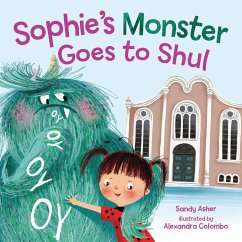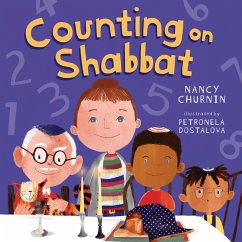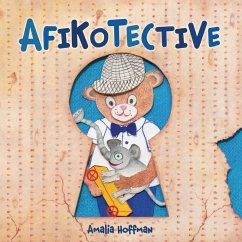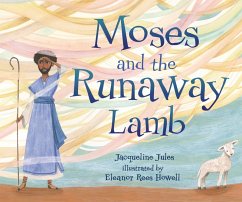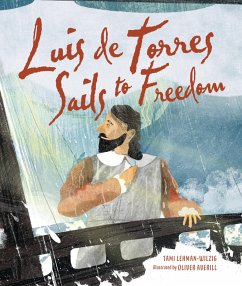
Regrowth (eBook, PDF)
Seven Tales of Jewish Life Before, During, and After Nazi Occupation
Übersetzer: Erik Butler, Butler

PAYBACK Punkte
8 °P sammeln!
The seven stories that compose Regrowth (Vidervuks) might shock readers familiar with accounts of the Holocaust marked by mournful and sentimental overtones. Although the outcome is often terrible, Der Nister's characters refuse to accept the role of victim. Likewise, the monstrosity of the perpetrators is not at issue: the Nazis may be abominable, but they do not warrant attention for longer than a savage animal would. Der Nister is drawn to parties capable of moral decision-and their dilemmas often feature an opponent that is inside one's own people, inside oneself. "Flora," for example, fol...
The seven stories that compose Regrowth (Vidervuks) might shock readers familiar with accounts of the Holocaust marked by mournful and sentimental overtones. Although the outcome is often terrible, Der Nister's characters refuse to accept the role of victim. Likewise, the monstrosity of the perpetrators is not at issue: the Nazis may be abominable, but they do not warrant attention for longer than a savage animal would. Der Nister is drawn to parties capable of moral decision-and their dilemmas often feature an opponent that is inside one's own people, inside oneself. "Flora," for example, follows a father and daughter through the Nazi invasion and later Soviet occupation of a Polish-Jewish city. Der Nister paints a sympathetic portrait of the father, a member of the Jewish Council, even though he collaborates with the Nazis in a misguided attempt to help his people. To repair the father's mistake, his daughter joins the resistance, seduces a traitor, and delivers him to his death. Accounts are settled within the Jewish community. The Nazi enemy is largely passed over in the silence his infamy deserves. Der Nister's characters are crafty, and they do not hesitate to use force when necessary. After the defeat of the Nazis and Soviet takeover, Der Nister suggests, the maneuvering will continue. The morally complex characters and richly layered stories of Regrowth ultimately reclaim a more nuanced view of crimes still not fully reckoned.
Dieser Download kann aus rechtlichen Gründen nur mit Rechnungsadresse in A, B, BG, CY, CZ, D, DK, EW, E, FIN, F, GR, HR, H, IRL, I, LT, L, LR, M, NL, PL, P, R, S, SLO, SK ausgeliefert werden.
Alle Preise in Euro und inkl. der gesetzl. MwSt. | Innerhalb Deutschlands liefern wir preisgebundene Bücher versandkostenfrei. Weitere Informationen: bitte hier klicken
Support
Bitte wähle dein Anliegen aus:
Rechnungen
Bestellstatus
Retourenschein
Storno





